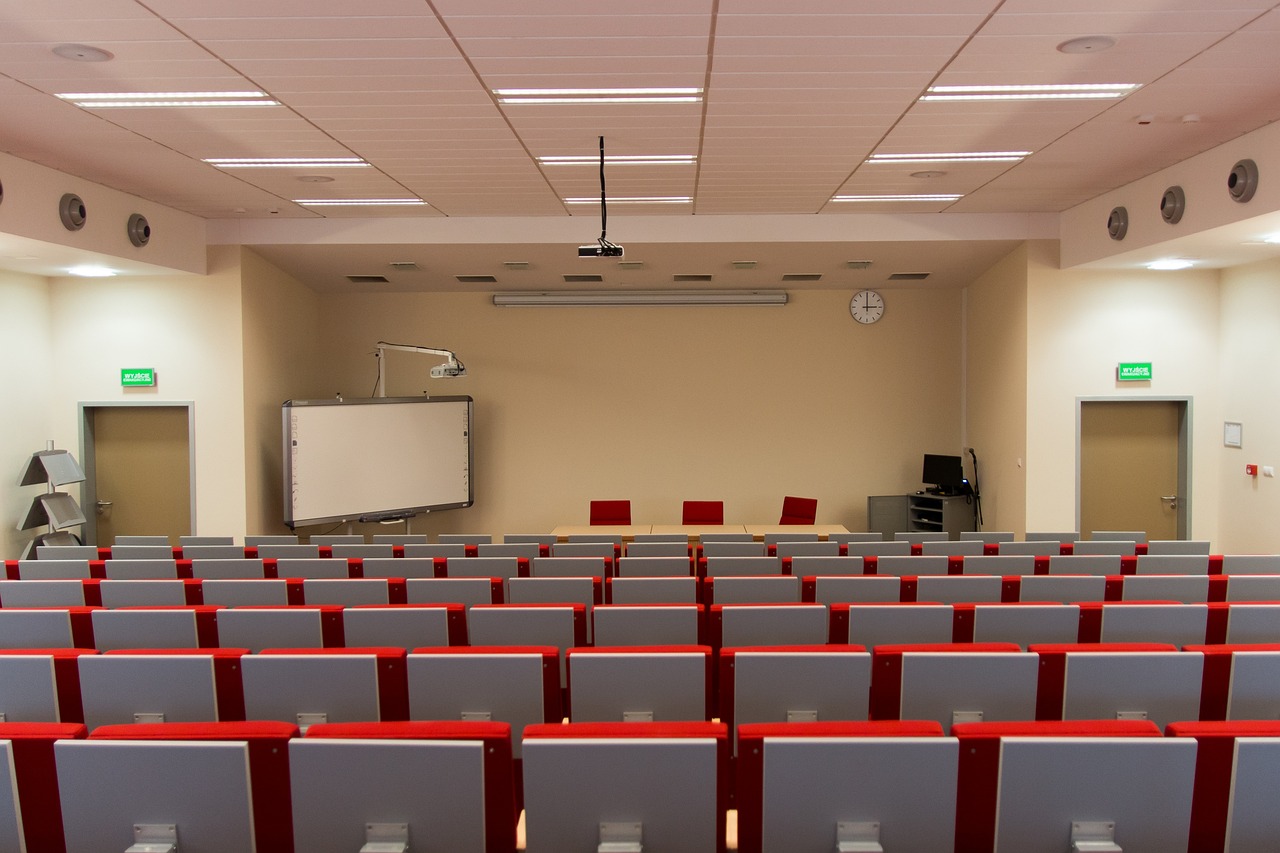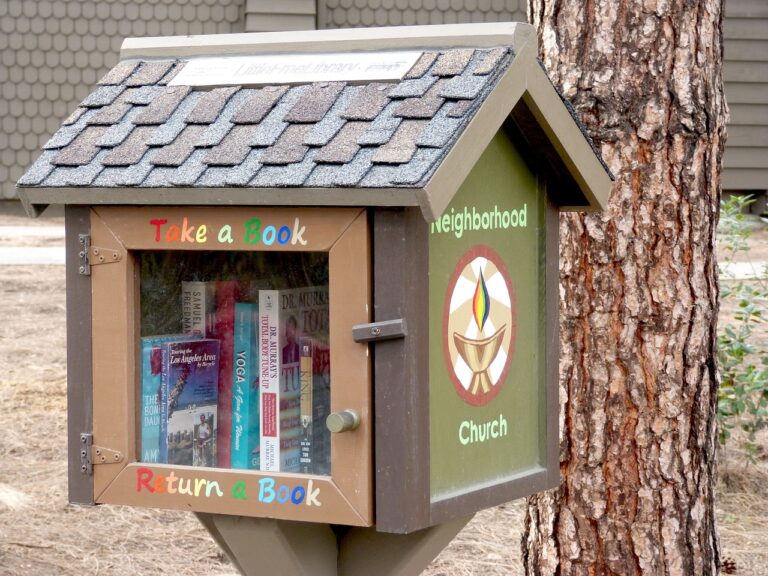Leveraging Virtual Field Trips to Enhance Geography Education
Virtual field trips have become a valuable tool in geography education, providing students with the opportunity to explore diverse landscapes and cultures from the comfort of their classrooms. By immersing students in virtual environments, these field trips offer a more engaging and interactive learning experience compared to traditional methods. Through virtual field trips, students can visit different parts of the world, gaining a deeper understanding of various geographical features, ecosystems, and cultural practices.
Furthermore, virtual field trips help enhance students’ spatial awareness and mapping skills by allowing them to navigate through different terrains and regions. By utilizing interactive maps and 3D models, students can develop a better sense of scale and perspective, improving their ability to interpret and analyze geographic information. This hands-on approach to learning enables students to apply their knowledge in a practical setting, fostering a deeper appreciation for the interconnectedness of the world’s diverse landscapes and cultures.
Exploring Diverse Landscapes and Cultures Through Virtual Field Trips
Virtual field trips have revolutionized the way students can explore diverse landscapes and cultures from around the world without leaving the classroom. Through interactive online platforms, students can visit iconic landmarks, natural wonders, and historical sites, immersing themselves in different environments and gaining a deeper understanding of the world’s rich tapestry of cultures.
By engaging in virtual field trips, students have the opportunity to witness firsthand the beauty and uniqueness of various landscapes, from the sandy dunes of the Sahara Desert to the lush rainforests of the Amazon. This virtual exploration allows students to appreciate the vast diversity of natural environments on our planet and understand how these landscapes influence the societies and cultures that inhabit them. Through this digital journey, students expand their knowledge and develop a greater sense of empathy and respect for different ways of life across the globe.
• Virtual field trips provide students with the opportunity to explore iconic landmarks such as the Eiffel Tower in Paris or the Great Wall of China.
• Students can also virtually visit historical sites like Machu Picchu in Peru or the Pyramids of Giza in Egypt.
• By immersing themselves in different cultures through virtual field trips, students gain a broader perspective on global issues and challenges.
• Virtual field trips help break down barriers and promote cultural understanding among students from diverse backgrounds.
Enhancing Spatial Awareness and Mapping Skills with Virtual Field Trips
Virtual field trips offer students a unique opportunity to explore the world from the confines of their classroom. By immersing themselves in virtual environments, students can develop a deeper understanding of spatial awareness. Through these experiences, they can enhance their ability to interpret maps, read coordinates, and understand geographical features in a more practical setting.
Furthermore, virtual field trips provide a dynamic platform for honing mapping skills. Students can engage with interactive maps, analyze topographic data, and practice locating key landmarks. By actively participating in these virtual experiences, students not only strengthen their mapping abilities but also cultivate a keen eye for spatial relationships, fostering a more comprehensive understanding of the world around them.
How can virtual field trips benefit geography education?
Virtual field trips can provide students with the opportunity to explore diverse landscapes and cultures, enhancing their understanding of geographic concepts in a more interactive and engaging way.
How can virtual field trips help in enhancing spatial awareness and mapping skills?
By virtually exploring different locations and using mapping tools during virtual field trips, students can develop better spatial awareness and improve their mapping skills.
Are virtual field trips a suitable substitute for traditional field trips?
While virtual field trips cannot fully replicate the experience of being physically present in a location, they can still offer valuable educational benefits and opportunities for exploration that may not be possible with traditional field trips.
How can teachers incorporate virtual field trips into their geography curriculum?
Teachers can utilize online resources and virtual reality platforms to create virtual field trip experiences for their students, incorporating them into lesson plans and assignments to enhance their geographical learning.







